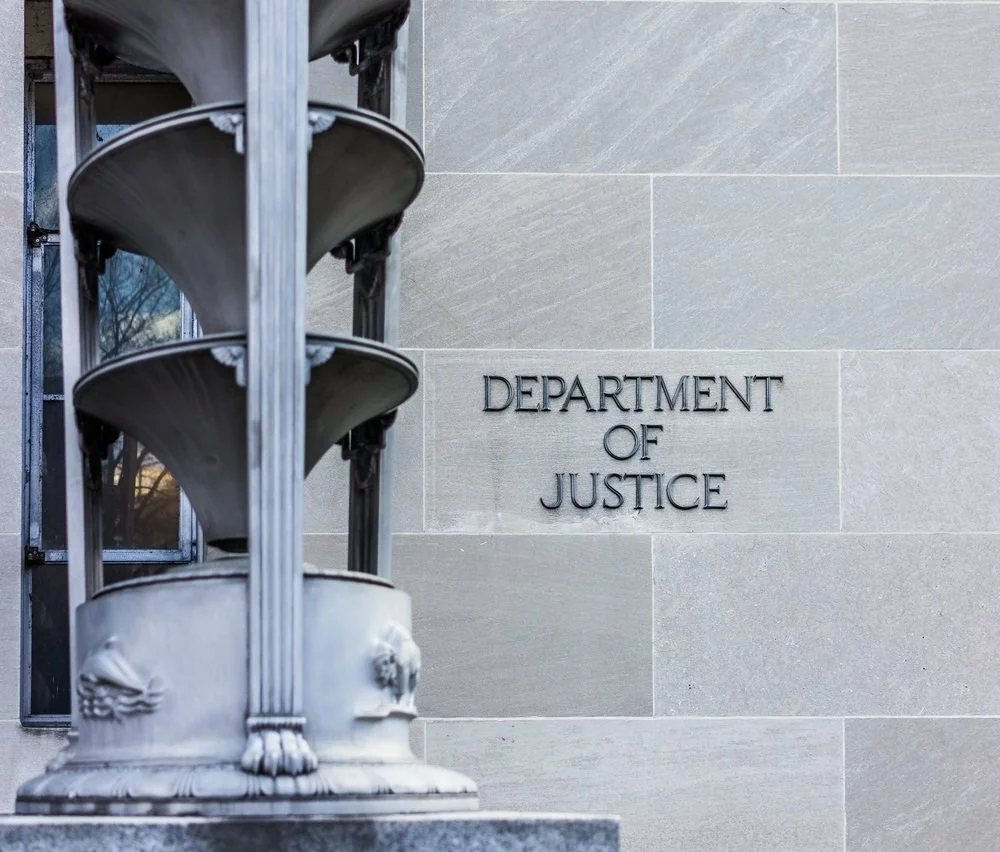
In an attempt to clarify the scope of the concept of “agency” in context of the Foreign Agents Registration Act (“FARA”), the Department of Justice’s FARA Unit posted guidance earlier this month.
In May, the FARA Unit posted an explainer on the scope of “agency” under FARA, stating a commitment to increase transparency around enforcement of the statute and explaining that because FARA regulates expressive activities, “it is important that the standards governing its application be clear.” Notably, courts have used the Restatements of Agency as a guide in assessing “agent” status, as well as examining practical indicia of “agent” status such as contract language, reporting lines, statements within work product, payment streams, statements in internal files, and internal descriptions in emails and other records.
According to the FARA Unit, “the ultimate test for agency under FARA is whether it is ‘fair to draw the conclusion that an individual is not acting independently, is not simply stating his or her own views, but is acting as an agent or alter ego of the foreign principal.’” The FARA Unit explained that it would consider several factors, including:
- Whether those requested to act were identified with specificity by the principal; for example, a general plea by a foreign government to members of a group for political support does not make them agents;
- The specificity of the action requested, e. whether the request is a general plea or a more specific instruction;
- Whether the request is compensated or coerced;
- Whether the political activities align with the person’s own interests; in other words, a person who advocates for a policy change that will benefit her financially is less likely to be an agent than one who advocates for policy that does not appear to benefit her personally;
- Whether the position advocated aligns with the person’s subjective viewpoint;
- The nature of the relationship between the person and the foreign principal, including whether there is an ongoing relationship between the person and the foreign principal, whether the person’s actions are coordinated with the foreign principal, whether the person seeks or receives feedback on his performance, the frequency of meetings between the person and the foreign principal, the existence of a written agreement documenting the relationship, and whether the action is a one-off or part of a pattern.
The term “request” in the Act, the Unit clarified, connotes some form of authority by the principal over the agent.
As enforcement of FARA continues to ramp up, the FARA Unit may be making an effort to provide some clarity on the broad and vague terms of the Act.
An Informational Resource in a New Era of Foreign Agents Registration Act Enforcement.
Search
Recent Blog Posts
- FARA Enforcement Update
- DOJ (Sort of) Releases Six New FARA Advisory Opinions
- FARA Back from the Dead: Trump Revives FARA Enforcement
- Comment Period for FARA Rulemaking Closes
- AG Bondi Issues Important FARA Directive
- DOJ (Finally) Publishes Proposed Revisions to FARA Regulations
- DOJ Publishes 14 New Advisory Opinions
- Former Aide to New York State Governor Kathy Hochul Charged with Acting as an Unregistered Foreign Agent of China
- Two Employees of Russian State-Controlled Media Outlet Indicted for Funding and Directing U.S. Company that Published Pro-Russia Propaganda
- Pierre Girgis Pleads Guilty to Misdemeanor Failure to Label Information
Bios
Archives
- November 2025
- October 2025
- September 2025
- March 2025
- February 2025
- December 2024
- September 2024
- August 2024
- July 2024
- June 2024
- May 2024
- January 2024
- July 2023
- December 2022
- November 2022
- October 2022
- May 2022
- April 2022
- March 2022
- January 2022
- December 2021
- October 2021
- July 2021
- March 2021
- February 2021
- December 2020
- November 2020
- September 2020
- June 2020
- May 2020
- February 2020
- October 2019
- September 2019
- August 2019
- July 2019
- June 2019
- May 2019
- April 2019
- March 2019
- February 2019
- January 2019

